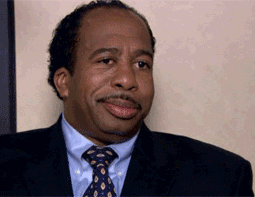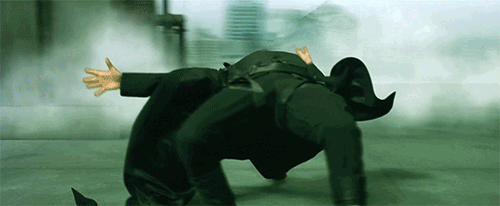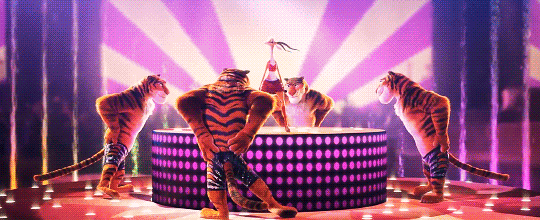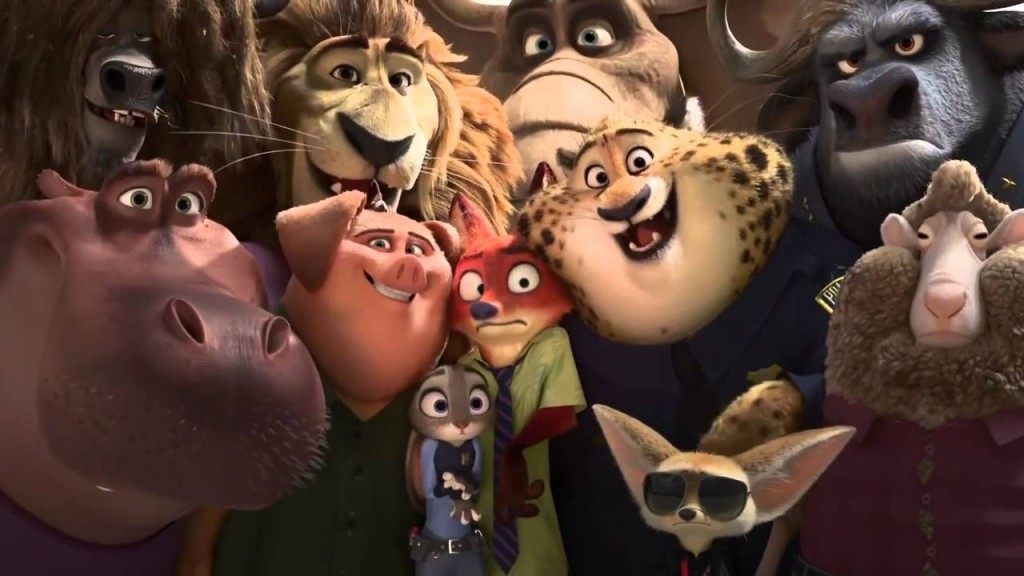[divider type=”thin”]
Zootopia goes HAM, confronting the rampant hypocrisy of race, gender, class, and politics in the United States. Seeing this movie, I looked around at the many young people (toddlers to teen moms to young professionals) and thought: “Word? We getting our transparent political commentary from a Disney movie?” Which opened another Pandora’s box — who and what do we rely on for this type of digestible, critical social analysis?
This movie is on some real life ish. The main character, Judy Hopps, personifies and exemplifies privileged liberal ideology, feminism, and ableism… Alone… in the first fifteen minutes.

The film doesn’t stop there, not even close. The largest conflict in the narrative is about prey species vs. predator species in an integrated city. The language used to cause the division between the two kinds of animals echoed Hilary Clinton’s “Black boys as super-predators” rhetoric so closely I was looking around the theater for another POC nerd-scholar to lock eyes with.

It didn’t happen.
At the climax, the “species as race war” metaphor shifts into overdrive. This movie had the prey characters shouting, “Go back to the forest!” at predators peacefully protesting their slander in the media (like #BLM since Ferguson). The prey acted with the same thirsty, ignorant fervor that Trump supporters employ when chanting, “Go back to Africa!” to any Black person they can see.
“Go back to Africa,” suggests camo-clad Trump supporter. Video: pic.twitter.com/apQ1hD14D5
— tonydokoupil (@tonydokoupil) March 12, 2016
Zootopia out here looking like The Daily Show (pre-Obama) taking shots at suburban complacency via the protagonist’s family, and at rural conservative politics via the protagonist’s bully. It was nuts! I was literally fidgeting around in my seat with the prospect of how transparent the politics are in this movie.
The most impressive aspect of this very direct approach is the dialogue between the Judy Hopps, a rabbit, and her partner, Nick Wilde, a fox. The main character is not a hero; she is presented as a flawed (borderline ignorant) idealist. Her partner is a misunderstood ‘undesirable’ with a heart of silver. Early in their meeting, Judy turns to Nick and exclaims, “You are so articulate!” That shit has permeated cross-cultural communication between the poor and the privileged for as long as we’ve shared language across class lines. As a well-read Black man, I’ve had this directed at me many, many times. Whenever I hear it, I be like:

Zootopia fires its social critique on all cylinders straight out the gate. This is a must-see for the population at large in the U.S. Yes, it all works out in the end (it’s Disney, people), but not without every character involved dropping the ball and making classist, racist, sexist, and ableist assumptions about others. Ain’t nobody perfect in Zootopia, just like in real-life. Except Shakira (who voices Gazelle), she was perfect.

Are you following Black Nerd Problems on Twitter, Facebook, Tumblr or Google+?



Show Comments
Alice Smyth
I heard some concerns to the contrary here: http://www.jamiearpinricci.com/2016/03/racial-messages-zootopia/
Umi Ebon
As amazing as this movie was, the article you provided echos exactly my own thoughts, when it came to the movie’s problems: at the end of the day, Zootopia is an imperfect metaphor. It implies that the oppression shoe has been on both feet at some point or others in history, and while that may be true in-universe, it simply is not true for the reality that this movie is an allegory for.